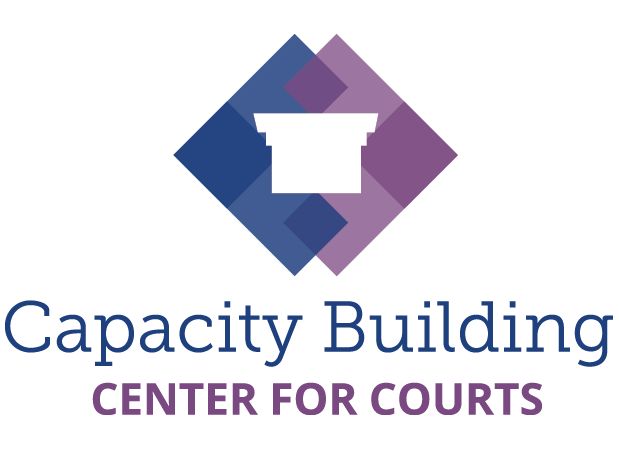Developed by the National Council of Juvenile and Family Court Judges – Capacity Building Center for Judges
Measures were developed using the following guiding principles. The measures must
- Highlight the child and family experience
- Incorporate equity into implementation and analysis
- Be usable and flexible for sites and court stakeholders to inform practice
- Be feasible for sites with varying data capacity to implement
- Be guided by research evidence and best-practice recommendations
- Include theories of change for each measure that describe how the measure relates to outcomes for children and families
- Complement the existing court measures and Child and Family Services Reviews (CFSR) measures
The measures were developed through an iterative process with feedback from judges, attorneys, court administrators, Court Improvement Program staff, system-impacted parents, adults with lived expertise as youth who experienced the foster care system, researchers, and federal partners.
The measures were designed to support continuous quality improvement, not to set standards.
The measures are not exhaustive of all possible measures in each topic, but rather meant as starting points for measurement. They were designed to provide a manageable set of measures that can be prioritized and adapted by sites.
- You don’t have to use all the measures once. You can start small, selecting measures that fit your highest priorities and build from there.
You may work through the volumes in order or skip around according to your needs. For example, after reviewing the measures in Volume I, you may want to skip to Volume IV: Technical Guide to understand variables needed for individual measures.
READ MORE We have further volumes on CLARO.

